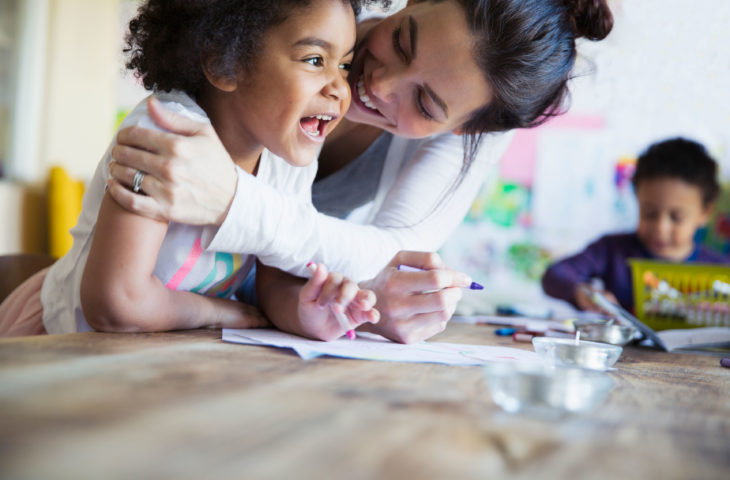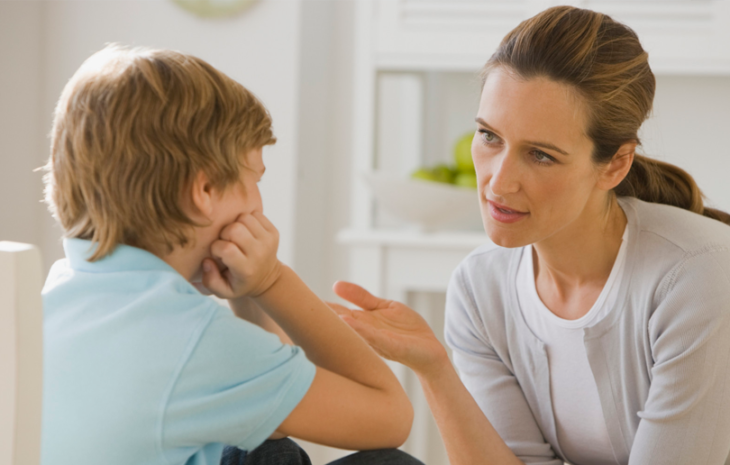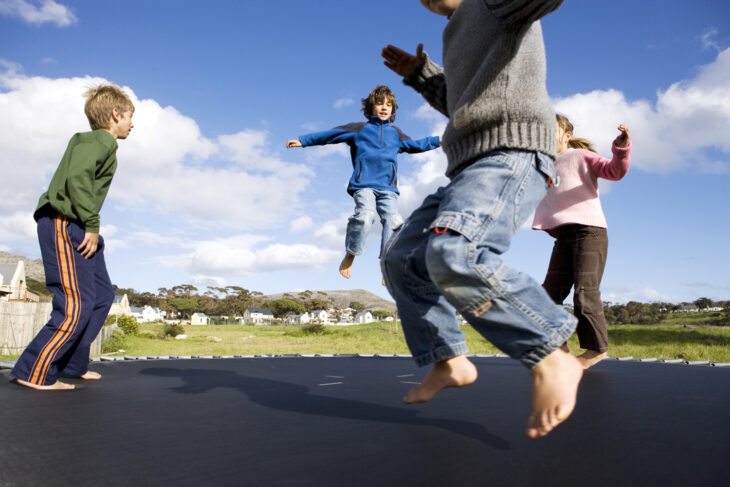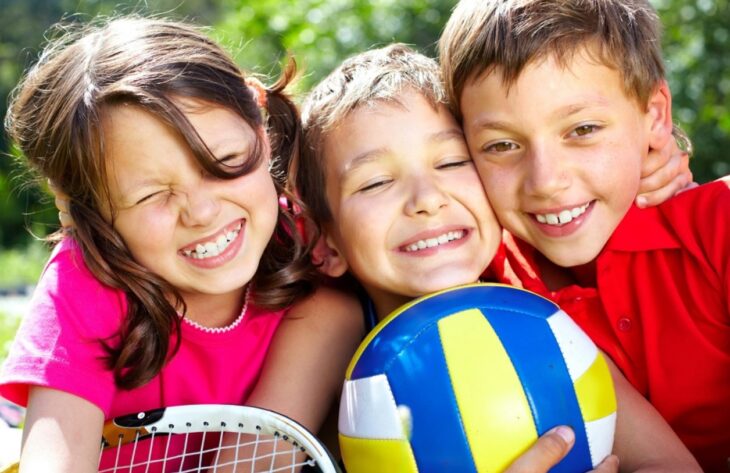Storytelling is a fundamental part of what makes us human. From ancient myths of heroes battling against insurmountable odds to folk tales offering insight on complex moral quandaries, telling or listening to a good story has been a common pastime for as long as humans have been able to memorize and recite them. Part of what makes storytelling such an integral and important part of who we are as human beings is its ability to act as an educational tool for teaching vital life lessons.
Those lessons are precisely what I want to help instill in young children through my award-winning musical children’s book. Through interactive storytelling “A Little Spark” explores some of life’s most important lessons as a way to help children build and foster self-confidence.

Source: goodtoknow
Contents
Believe In Yourself
One of the earliest and most important lessons we teach our children is the value of self-esteem, or the idea of feeling good about ourselves. Fostering positive self-esteem in children has shown to having them feel liked by others, which in turn allows them to feel more positive about themselves, and thus prouder of their accomplishments even in the early years of their lives. This notion of building self-esteem early in life to help children not only see themselves more positively, but also believe in their own individual potential, is a fundamental foundation for establishing their confidence. Children who believe in themselves are more likely to try new things – even when those things seem difficult or impossible to others – and even try things again when they don’t work the first time.

Source: Mother, Baby & Child
Do Not Be Quick To Judge Others
Judgment is something that almost everyone does multiple times every day. It gives us an individual perspective on how to make decisions for ourselves and others but judging too harshly or unfairly can cause stress or disappointment which ultimately can hold us back from being better versions of ourselves. Whenever we judge others for wearing, saying, or doing the “wrong” thing, our children hear this and pay attention to it, even going so far as to mimic our own judgments and repeating them to other children, perpetuating the cycle of judgment. But by exposing children to people who look, act, speak, and dress differently from them, we can educate them that our unique differences should not be judged, but celebrated. When we educate children about the differences that make us unique, they begin to understand that they, too, are different from others.
Showing children that their own unique differences are also worthy of celebration is another theme I wanted to explore in my book, because celebrating our differences is another great way to build up confidence and self-esteem.

Source: top10geeks
Friends Look After Friends
Almost every single one of us remembers our first childhood friend, even if they are no longer a part of our lives. Creating friendships is often the de facto method we use to teach children some of life’s most important lessons about teamwork, collaboration, and cooperation. Early childhood friendships also help children develop the way in which they learn crucial social and communication skills, and even help them form an individual identity throughout their lives. As children mature both physically and mentally, the value of friendships becomes even more important since friends are the ones who can help them navigate challenging situations and experiences as they develop together, but not all friendships last.
After an argument or disagreement with a friend, many young children might claim they no longer have a desire to be friends with the other child. Though it’s instinctual for parents to want to intervene, children must learn for themselves the importance of righting wrongs through apologies and reconciliation. Sometimes, that means refusing to give up on a friend – regardless of circumstance – and giving the person a second chance. Children who show a capacity for this level of empathy and understanding early in life tend to carry these values with them throughout the entirety of their lives and exemplifying these traits to others helps more children understand the importance of not trivially giving up on friends.

Source: MindChamps
Everyone Should Be Treated Equally
This is one lesson that many young children are unfortunately already – albeit, in some cases, inadvertently – personally aware, simply because of how others in our society may treat them based on their appearance. But that unfortunate reality is also what makes reinforcing this lesson and others like it so crucial, especially in children whose minds are still developing and being constantly molded by the world and people around them.
As children, we are all born with an innate sense of fairness, justice, and equality. Don’t believe me? If you have two young children, try giving one of them a candy bar and the other a carrot and I guarantee that the one who receives the carrot will decry the injustice done to them. confidence, and social skills.
Educating young children about the importance of equality and justice, as well as the fact that everyone is born with a set of rights will not only help them to understand themselves and their peers more closely, it will also instill the notion that no one has the right to treat them unfairly, regardless of who, when, where, why, or how. Instilling these values in children can help further boost their own individual confidence while simultaneously learning the importance of treating others with equal kindness, compassion, empathy, and respect.
